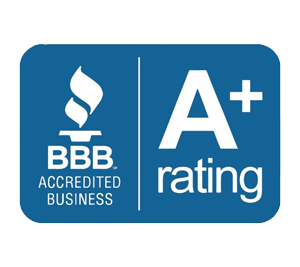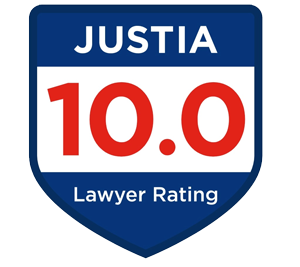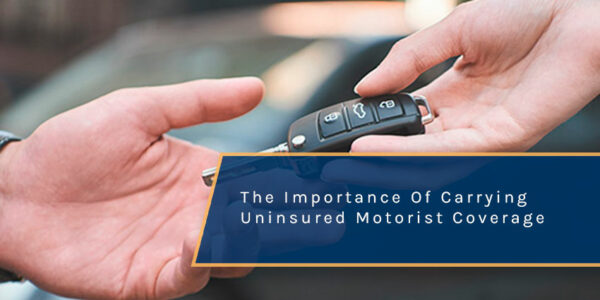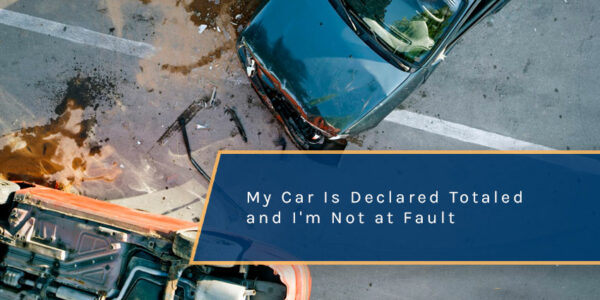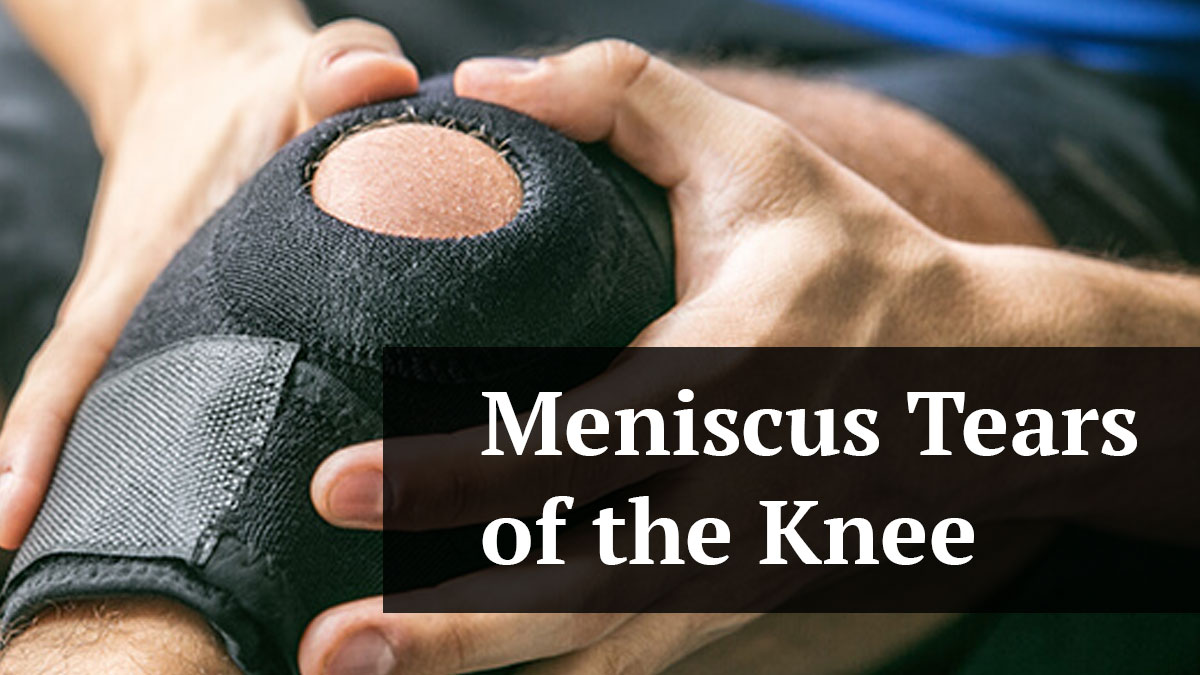
A tear of the meniscus of the knee is a serious injury. It can affect your life in many negative ways and can cause many long term effects. If you or a loved one has suffered this injury in a personal injury accident, you may be able to recover compensation.
At St. Petersburg Personal Injury Attorneys McQuaid & Douglas, we specialize in personal injury claims. Injuries to the knee can occur in virtually any type of auto accident, slip and fall, or trip and fall where the knee is compromised in a sudden and forceful movement. We have handled countless claims involving tearing to the meniscus of the knee. This article is written to provide information if you have questions regarding your injury and about starting an injury claim.
What are Meniscus Tears?
The meniscus is a padded structure in the knee made of fibrocartilage. It divides the joints in the knees. There are two types of menisci, the medial and the lateral. They help to keep the knee stable. Between the two menisci, the medial is more commonly injured when torque or tension is placed on the knee.
Because the menisci are made of cartilage, a cartilage tear in the knee is the same thing as a meniscus tear. The most common cause of a tear is due to trauma. Meniscus tears usually occur along with injury to the anterior cruciate ligament (ACL) or the medial collateral ligament (MCL).
Types of Meniscus Tears
There are actually three types of meniscal tears.
- A minor tear results in swelling and pain. Fortunately, symptoms can resolve in about three weeks.
- A moderate tear causes pain in the middle or side of the knee. The swelling will worsen and the knee will become stiff. There will likely be sharp pains when twisting or squatting. Symptoms will eventually dissipate, but will continue to return if not treated properly.
- A severe tear occurs when there are pieces of the meniscus floating free in the joint space. The knee may pop or lock. It also may be difficult to straighten the knee.
Long Term Consequences of a Meniscus Tear
The meniscus serves an important role in the knee and the consequences of damage to it are permanent. Complications that can be expected are a wearing out of the cartilage associated with osteoarthritis. There can be continued clicking sensations when bent, locking of the knee, and ongoing periodic pain. The consequences of this injury are usually not fully appreciated for many months or years after the accident that caused the injury.
Treatment of a Meniscus Tear
The treatment of the tear depends on the severity of the injury and the age of the patient. Most cases begin with conservative treatment like physical therapy. Rest is part of treatment coupled with strengthening the surrounding muscles in order to absorb more of the impact. Medication management such as tylenol or nonsteroidal anti-inflammatory are also possibilities.
If the injury has caused a locking of the knee or if conservative therapy fails, surgery will be required. This surgery is done arthroscopically. If the tear is to the outer third, a repair is more likely because of the existence of blood flow to the area. Toward the inside of the knee, there is no blood flow, and thus, the meniscus is not likely to heal. In this scenario, the patient will likely undergo a partial or total meniscectomy. A partial meniscectomy repairs the meniscus and removes the torn tissue debris. A total meniscectomy is when the surgeon removes the damaged meniscus and replaces it with an artificial cushion. The total meniscectomy is not favored in younger patients because of the risk to develop osteoarthritis, which will eventually lead to a total knee replacement.
Post surgery, a significant rehabilitation program is needed. The length and extent of the rehab depends on the type of surgery that was performed. While patients may be able to return to normal activities post-surgery in a few days, walking normally can take months. And, patients with a meniscus removal will likely never feel or walk normally again.
In meniscus repair surgery, rehabilitation is intense. A hinged brace is placed on the knee and the patient is required to move or walk immediately. Weight bearing is encouraged and resistance training and/or weight training will also be quickly incorporated into the program. The goal of this rehab is to regain function, strength, and prevent future injury.
Who Pays for Your Medical Bills After an Injury Accident That Results in a Torn Meniscus?
The payment of the bills depends on the type of accident that occurred. If the accident was non-motor vehicle related, then the bills get paid either through your health insurance or on a letter of protection (LOP). An LOP is an agreement that you and your lawyer have with a medical provider. You all agree that the medical provider will continue to provide treatment and that he or she will be repaid out of the settlement of the case. Often, this is the only way to receive medical treatment if you don’t have insurance and cannot pay the bills out of pocket as you go.
If you have injured your meniscus in an auto accident, the payment of bills is much different. First, your PIP or no fault benefits will kick in to cover the first $10,000 of medical bills. But, once the PIP is exhausted, then you will have a choice to make. If you have health insurance, the bills can be run through it. Health insurance will assert a lien against the recovery in the case. If you don’t have insurance, you have the option to pay out of pocket or to enter into the aforementioned LOP arrangement. Again, it is common sense to get treatment under the LOP and repay those bills out of the settlement of the case.
Contact a Personal Injury Attorney
An injury to the knee, including a meniscus tear, can be a serious injury. The claim has significant value and can be complicated. It is the type of injury that requires the help of a personal injury attorney. At St. Petersburg Personal Injury Attorneys McQuaid & Douglas, we know how to bring these claims and the best doctors in the area to help you. If you or a loved one has suffered this injury and have questions about starting a claim, then please contact us for a free consultation.




